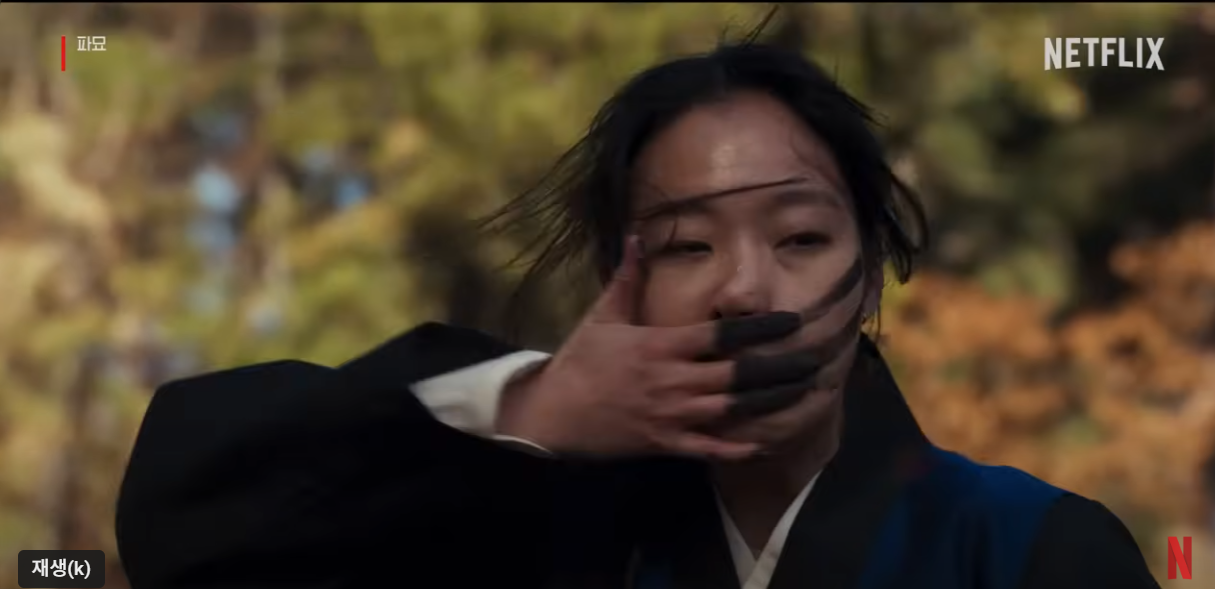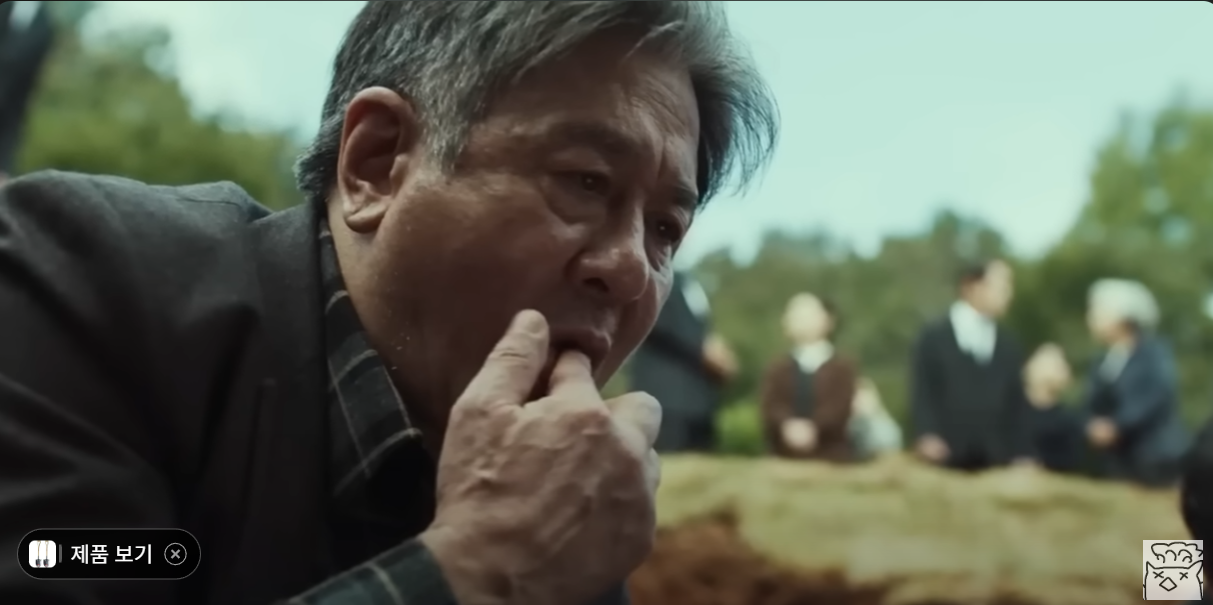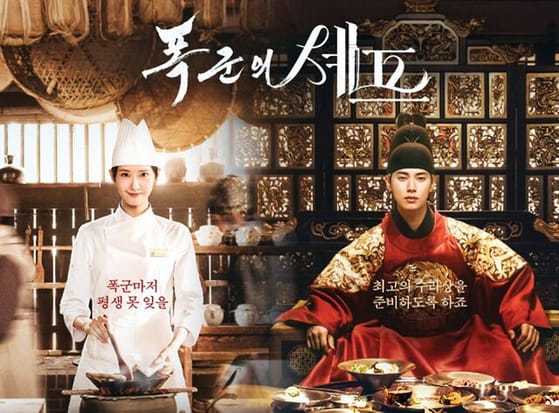Exhuma Movie Explained: Korean Culture, Earth Energy, and Historical Context

Exhuma Movie Explained: Korean Culture, Earth Energy, and Historical Context
Meta Description: Understanding Exhuma (2024) requires knowledge of Korean shamanism, geomancy, and Japanese occupation history. This cultural guide explains the deeper meanings behind Korea's biggest horror hit.
Introduction: Why Exhuma Became Korea's Cultural Phenomenon
Exhuma (파묘), directed by Jang Jae-hyun, has become a cultural phenomenon that transcends typical horror cinema. Released in February 2024, this supernatural thriller became the highest-grossing Korean film of the year, surpassing 10 million viewers and earning over $97 million worldwide. However, many international audiences struggle to fully grasp the film's deeper meanings without understanding the rich Korean cultural context that forms its foundation.
Unlike Western horror films that rely heavily on jump scares or Christian-based exorcism themes, Exhuma is deeply rooted in Korean shamanism, geomancy (feng shui), and the historical trauma of Japanese occupation. For foreign viewers, scenes that might appear strange or incomprehensible actually carry profound cultural significance that enhances the horror experience.

The Cultural Pillars of Exhuma
1. Understanding "Ttanggiun" (땅기운) - Earth's Energy
At the heart of Exhuma lies the concept of ttanggiun (땅기운), literally meaning "earth's energy" or "land chi." This fundamental principle of Korean geomancy determines whether a location brings fortune or misfortune to those who inhabit it.
What is Ttanggiun?
- The spiritual energy that flows through the earth
- Good ttanggiun brings prosperity, health, and success
- Bad ttanggiun causes business failures, illness, and family misfortune
- Experienced geomancers can sense this energy directly through "gigam" (기감) - the ability to feel spiritual energy
Why Sang-deok Tastes the Soil One scene that confuses international audiences shows veteran geomancer Kim Sang-deok (Choi Min-sik) putting grave soil in his mouth. Foreign viewers often interpret this as simply "eating dirt," but it's actually a cinematic representation of how true feng shui masters assess land energy.
While real geomancers rarely taste soil, those with developed gigam can sense ttanggiun through physical contact - touching the ground, standing on the land, or feeling the atmosphere. The soil-tasting scene symbolically shows Sang-deok's exceptional ability to read earth energy, marking him as an authentic practitioner rather than someone who only analyzes landscape formations.
2. Korean Shamanism and the Role of Mudang
Hwa-rim's Pig Sacrifice Ritual Another culturally significant scene involves shaman Hwa-rim (Kim Go-eun) using pigs in a spiritual cleansing ritual. International audiences might view this as animal cruelty or satanic ritual, but it represents a traditional Korean shamanic practice called "daesok" (대속) - substitutional sacrifice.
The Cultural Context:
- Pigs absorb the death energy meant for the grave's owner
- This transfers harmful spiritual forces away from human targets
- Korean shamans serve as intermediaries between spiritual and physical worlds
- They possess various techniques for purifying negative energy and protecting people
Korean mudang (무당/shamans) are not fortune tellers but spiritual specialists who:
- Communicate with spirits and ancestors
- Perform complex rituals for healing and protection
- Cleanse negative energy from people and places
- Guide souls to peaceful rest
3. Historical Trauma: Japanese Spiritual Suppression
The Iron Stakes Legend Exhuma's most powerful cultural element connects to Korea's colonial period (1910-1945). The film references the belief that Japanese colonizers drove iron stakes into Korea's most auspicious locations to sever the nation's spiritual power.
Historical Background:
- Japan allegedly placed thousands of iron stakes in Korean myeongdang (명당) - locations with exceptional ttanggiun
- This spiritual suppression aimed to weaken Korean resistance and national spirit
- Even today, some Koreans search for and remove these stakes
- This practice has been documented in Korean news media
The film uses this historical trauma as its central conflict, where the team discovers that the grandfather's grave conceals a Japanese general's remains guarding one of these spiritual stakes.
The Practice of Pamyo (파묘) - Grave Relocation
Understanding Korean Burial Customs
Pamyo literally means "digging up a grave," but it's not grave robbing. It's the first step in "ijang" (이장) - relocating ancestral remains to better locations.
Why Koreans Practice Pamyo:
- Ancestors buried in locations with bad ttanggiun can harm descendants
- Moving graves to auspicious sites brings family prosperity
- Proper ancestral rest ensures protection for living relatives
- Filial piety demands ensuring ancestors' spiritual comfort
The Film's Structure:
- Family curse traced to poorly located ancestral grave
- Team attempts pamyo to relocate remains
- Discovery of Japanese spiritual interference beneath the grave
- Battle against the guardian spirit protecting the iron stake
Technical Excellence and Cultural Authenticity
Realistic Portrayal of Korean Traditions
Director Jang Jae-hyun emphasized authentic cultural representation:
- Actors studied real shamanic rituals for months
- Six-hour makeup sessions created realistic spiritual possession scenes
- Minimal CGI usage favored practical effects and real locations
- Consultation with actual shamans and geomancers
This commitment to authenticity helps Korean audiences recognize genuine cultural elements while providing international viewers with an accurate window into Korean spirituality.
Why Cultural Context Matters for International Audiences
Beyond Surface-Level Horror
Without understanding Korean culture, international viewers might see:
- Strange soil-eating behavior (instead of professional expertise)
- Cruel animal sacrifice (instead of protective ritual)
- Confusing grave-digging (instead of ancestral care)
- Random historical elements (instead of collective trauma)
With Cultural Knowledge, Viewers Understand:
- Sang-deok's exceptional spiritual sensitivity
- Hwa-rim's powerful shamanic abilities
- The family's desperate need for ancestral peace
- The deeper historical wound being healed
Critical Reception and Global Impact
Box Office Success:
- 11.9 million admissions in South Korea
- Highest-grossing Korean film of 2024
- Record-breaking performance in Vietnam and Indonesia
- 93% rating on Rotten Tomatoes
Cultural Significance:
- Continued the legacy of films like "The Wailing" (2016)
- Elevated Korean folk horror to international prominence
- Demonstrated global appetite for culturally specific storytelling
- Proved that authentic cultural content can achieve mainstream success
Comparison to Western Horror
Unlike Western horror films that often rely on:
- Christian exorcism themes
- Jump scares and special effects
- Individual supernatural encounters
- Universal fear elements
Exhuma offers:
- Buddhist and shamanic spiritual frameworks
- Atmospheric tension and cultural mystery
- Collective historical trauma processing
- Culture-specific fear and resolution methods
Conclusion: A Cultural Bridge Through Horror
Exhuma succeeds because it respects both its cultural roots and international audiences. While some symbolic elements require cultural knowledge to fully appreciate, the film's emotional core - family protection, historical healing, and spiritual justice - transcends cultural boundaries.
For international viewers, understanding Korean concepts of earth energy, shamanic practices, and historical trauma transforms Exhuma from a confusing supernatural thriller into a profound meditation on healing collective wounds. The film demonstrates that the most effective horror often emerges from authentic cultural fears and beliefs rather than universal monsters.
Key Takeaways for International Audiences:
- Respect the cultural specificity rather than seeking Western parallels
- Appreciate the historical depth beneath supernatural elements
- Understand shamanism as sophisticated spiritual practice
- Recognize geomancy as legitimate traditional knowledge
Exhuma invites global audiences into Korean spiritual worldview while delivering genuine scares and emotional catharsis. It proves that cultural authenticity enhances rather than limits international appeal, offering viewers both entertainment and education about one of Asia's most sophisticated supernatural traditions.

